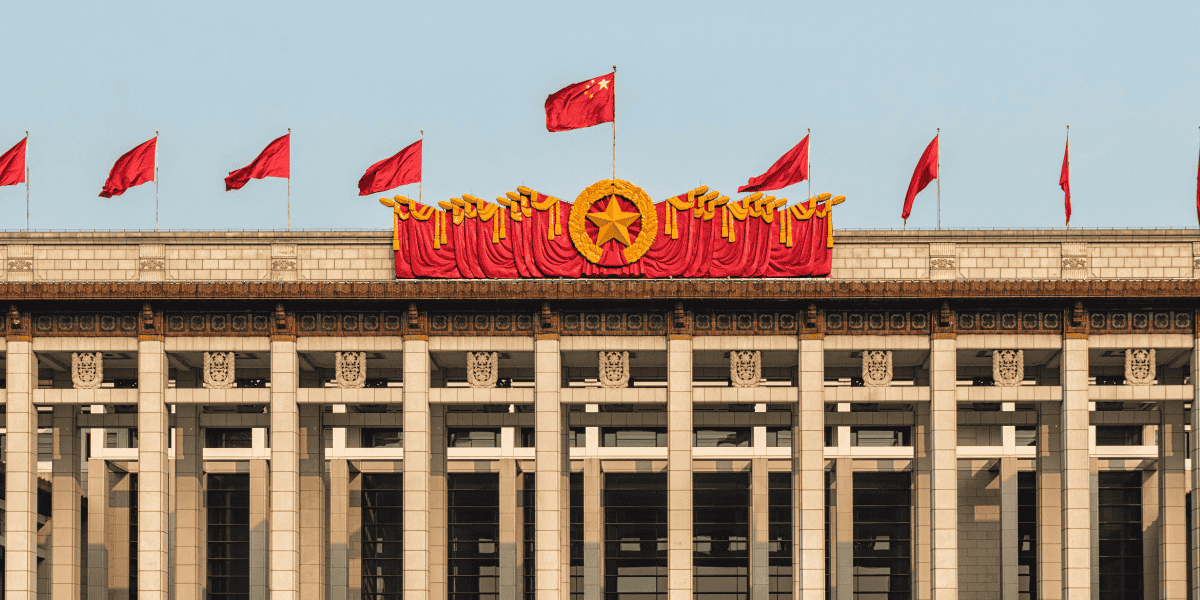The China (Shanghai) Pilot Free Trade Zone (SFTZ) is an important milestone in economic policy and may lead to broader financial and economic reforms. The SFTZ is geared towards services industries and promotes not only trading but also investment. The program provides some substantial measures in respect of foreign exchange, customs, taxation, supervision and administration of foreign investment and incorporation of companies. If found successful, these measures may be gradually extended to other existing free trade zones and possibly affect the entire Chinese economic model. The SFTZ is anticipated to rival Hong Kong or even Singapore as an international financial centre and trade hub in Asia.
The SFTZ legal framework introduces pre-entry national treatment for foreign investors in 6 sectors for opening up in the SFTZ, subject to exceptions under a so-called “Negative List” regime. The strict pre-entry examination and approval requirements for foreign investors that is otherwise applied in China will be replaced in the SFTZ with post-entry filing, control and supervision, providing foreign investors an equal footing treatment. The 6 sectors opening up in the SFTZ are as follows:
- financial services,
- transportation services (shipping),
- trade and commerce services,
- professional services,
- cultural services,
- social services.
Multinational enterprises (MNEs) are encouraged to set up regional foreign exchange operation centers to centralize their treasury activities. The renewed customs clearance and inspection system is divided into two layers, with “Frontier Opening” to allow use of import manifest for entry to the SFTZ with simplified procedures for international transit, reconsolidation and distribution of goods and commodities. Manufacturers and manufacturing-related service companies located in the SFTZ are exempt from import taxes on imports of machinery and equipment and other goods unless otherwise provided by law, administrative regulations, or other rules. Sales of goods by companies located in the SFTZ to outside domestic buyers are however subject to import VAT and consumption tax.
New tax incentives are available to attract shareholders to invest and engage highly qualified personnel to work in the SFTZ. Enterprises in the SFTZ may defer the recognition of capital gains on outbound non-monetary investments for corporate income tax purposes for up to five years in equal instalments. Individual income tax can be deferred in equal instalments for up to five years on income derived by qualifying individuals from stock incentives offered by companies located in the SFTZ.
Financial leasing companies incorporated in the SFTZ and their subsidiaries may participate in a pilot financial leasing export tax refund scheme. These companies will also enjoy beneficial import VAT treatment on their purchases of overseas aircrafts of not less than 25 tons net weight that are leased to qualified domestic airlines.
Thomas Hanzely














